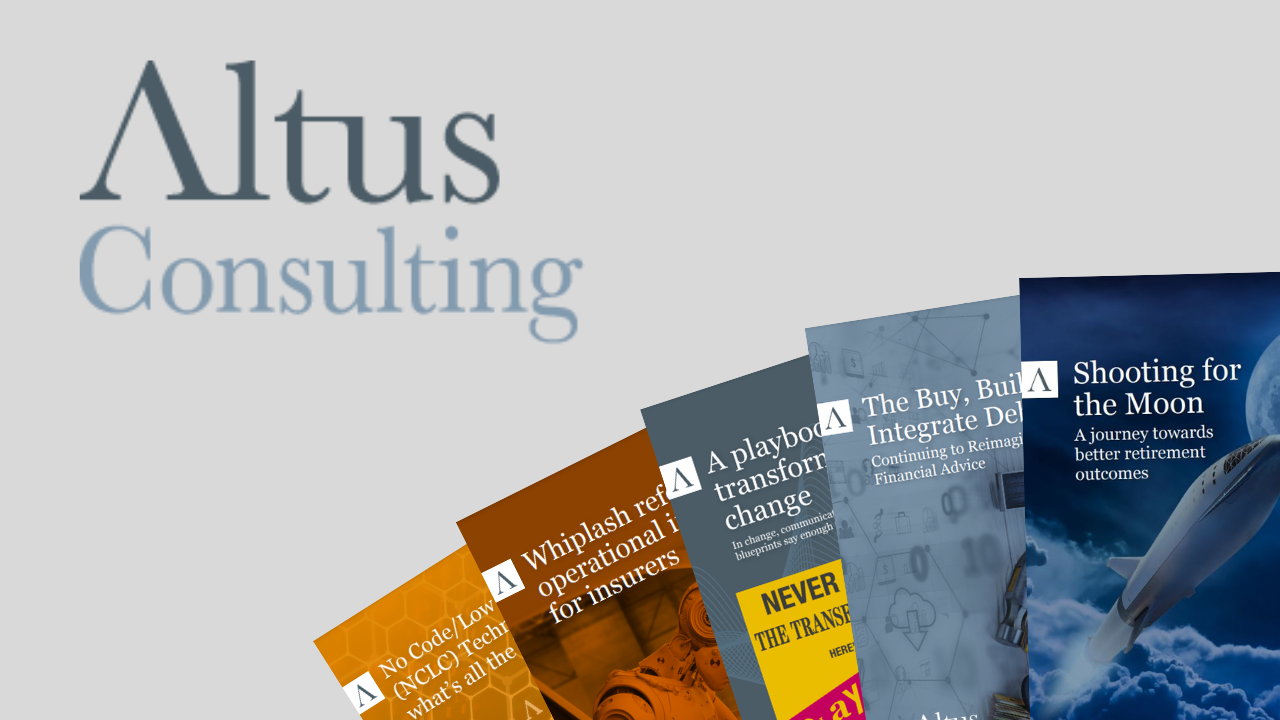
Jon Dean: BBC Radio 4 has been broadcasting an excellent ‘Rethink’ series of three-minute talks from a wide range of global thinkers, including political and religious leaders, philosophers, musicians and sports stars. All seek to provide food for thought and suggestions on how the world ought to look post-Covid.
An unequal world
A common theme running through many of these is global inequality. Nowhere is this divide more obvious than in the distribution of income and wealth.
The world’s richest 1% hold around 44% of global wealth. ISAs, trusts and bonds are all tax-advantaged, while in the pensions sphere, fewer than 15% of UK taxpayers are in the higher or additional rate bracket, yet account for some 60% of the tax relief paid into pensions.
The financial services industry is not responsible for this inequality, but must surely take some blame. In western countries, tax incentives have been used to encourage individuals to provide for themselves. This has created a wealth management sector where financial planning is incentivised to ensure its clients pay the least possible tax.
Now, following unprecedented government spending on Covid-19 rescue measures, these legally avoided taxes are needed more than ever. Paying into a pension is the second biggest approved way of avoiding tax (after the personal allowance), and the more you pay in, the greater is the proportion of tax avoided. At the risk of being the turkey voting for Christmas, I have to ask, ‘Is this really fair?’
Pensions or lifetime ISAs?
Some years ago, I attended a conference where Centre for Policy Studies policy wonk Michael Johnson introduced the concept of the lifetime ISA. His idea was to replace not only the proliferating range of ISAs but also pensions, which have become overly complex and disproportionately favour the UK’s highest earners.
His thesis was evidenced and well-reasoned, showing that tax relief barely increases people’s tendency to save for retirement. Automatic enrolment is a far more powerful tool regardless of the tax status of the pension. Judging by the reaction to his speech to a room full of dyed-in-the-wool pensions experts, he might as well have stood up to deny the holocaust.
Since then, a watered-down form of the lifetime ISA has been launched, but with very few market participants, while pensions remain largely unchanged. It is clearer each year that the current system of tax relief is unsustainable, but ham-fisted attempts to fix this have not worked. Witness the fiasco with the annual allowance taper and its unintended consequences on the NHS, as senior doctors found themselves in the bizarre situation of being fined to work overtime. Perhaps it is time to rethink the unthinkable and consider Johnson’s proposals afresh.
Options for the new world
In a post-Covid world, the UK will find itself facing levels of national debt not seen since the aftermath of World War II, from when it took until the end of 2006 to repay the United States.
The UK is going to have to start repaying this new debt at some point, or face insurmountable interest repayments when interest rates start to normalise.
That said, following a decade of public sector cuts, there is no low-hanging fruit, so this means tax increases. These are some of the options, in increasing order of difficulty to implement (practically or politically):
- Increasing income tax rates across all bands would be both easy and effective at raising large amounts of tax. Presented as an NHS and social care levy, this could even be welcomed by the public.
- Increasing VAT or introducing other sales taxes is also easy and can be made progressive.
- Scrapping the pensions triple-lock anomaly could save the Treasury up to £22bn over the next two years (and likely more, ongoing). In normal times, taking away pensioner benefits might be political suicide, but in the wake of coronavirus, this could be the perfect time to replace the triple-lock with a lower-cost double lock.
- Property and wealth taxes would present medium difficulty, target the better-off and support the ‘levelling up’ agenda. However, poorly designed property taxes such as stamp duty distort markets and labour mobility, while Swiss experience shows wealth taxes incentivise offshoring or under-reporting of assets.
- Further cutting pensions annual or lifetime allowances is a complex measure which makes it harder to plan for retirement. LTA cuts create a new need for protection certificates, while cuts to the annual allowance, especially the complex taper arrangements, have had unintended consequences, especially for the NHS.
- Scrapping the current pensions tax system of Exempt-Exempt-Taxed in favour of a TEE system using lifetime ISAs would be hardest of all. Replacing this system is fraught with difficulties, both political and practical, but can we afford not to at least consider it?
The case for change
Whether or not LISA would be a suitable replacement, the current pension system is not fit for purpose. It is complex, expensive to administer, increasingly unaffordable to the taxpayer and at worst, incentivises the loss of vital skills from the labour market.
Meanwhile, without action, the two-tier system which now divides public sector workers from the private sector which pays them will lead to an ever wider gap in retirement benefits between the two and ultimately become unsustainable as birth rates continue to decline.
Covid has given us all a new insight into the value that society places on occupations and professions most needed to ‘keep the lights on’ – and some of these people are the lowest paid in the UK. As we re-evaluate their real value in money terms, we will need to find more public money to pay them their true worth, and this will mean a change to the taxation system.
In terms of pensions, this is an opportunity for a total redesign. Let’s make the new system a fairer one.




